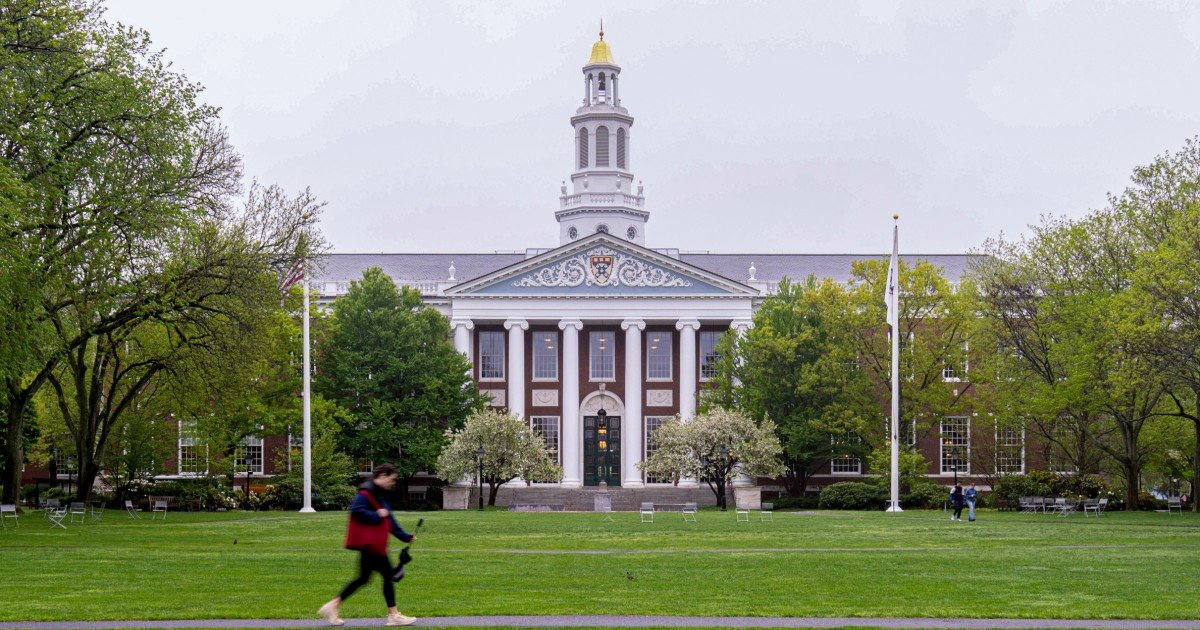Education
Trump administration blocks Harvard from enrolling international students

The Trump administration on Thursday halted Harvard’s ability to enroll international students amid an ongoing standoff between the government and the Ivy League school.
Harvard has refused to adhere to a set of demands issued by the Trump administration’s Task Force to Combat Anti-Semitism that included sweeping reforms to whom the university can hire and admit, and subjecting the ideology of faculty members to an audit approved by the government.
In response, the government cut over $2 billion in federal research funding, leading to a lawsuit by Harvard to recoup the money.
The abrupt termination of Harvard’s Student and Exchange Visitor Program certification is a major escalation in a dispute that could have severe financial consequences for Harvard, which enrolls nearly 6,800 international students out of a student body of 24,596. Current international students at Harvard will need to transfer or lose their legal status.
The move was first reported by The New York Times, and subsequently confirmed in a tweet from Homeland Security Secretary Kristi Noem.
“Let this serve as a warning to all universities and academic institutions across the country,” Noem wrote.
Noem accused Harvard of “fostering violence, antisemitism, and coordinating with the Chinese Communist Party” in a separate statement.
In a statement, Harvard spokesperson Jason Newton called the government’s action “unlawful.”
“We are fully committed to maintaining Harvard’s ability to host international students and scholars, who hail from more than 140 countries and enrich the University — and this nation — immeasurably,” he said.
The Department of Homeland Security said the sanction was the result of a demand that Harvard provide information about “the criminality and misconduct” of foreign students.
Harvard provided some information on international students to the department on April 30. But Noem said in a letter to Harvard on Thursday that the information was insufficient and subsequent attempts to get more from the school did not satisfy the government.
If Harvard wants to regain its ability to enroll international students for the fall semester, the letter stated, the school must provide in the next 72 hours all records and audio and video files that involve dangerous, threatening or illegal activity by an international student enrolled within the past five years.
Harvard also must turn over all audio and video footage of protest activity from the past five years involving international students at its campus in Cambridge, Massachusetts, Noem wrote.
